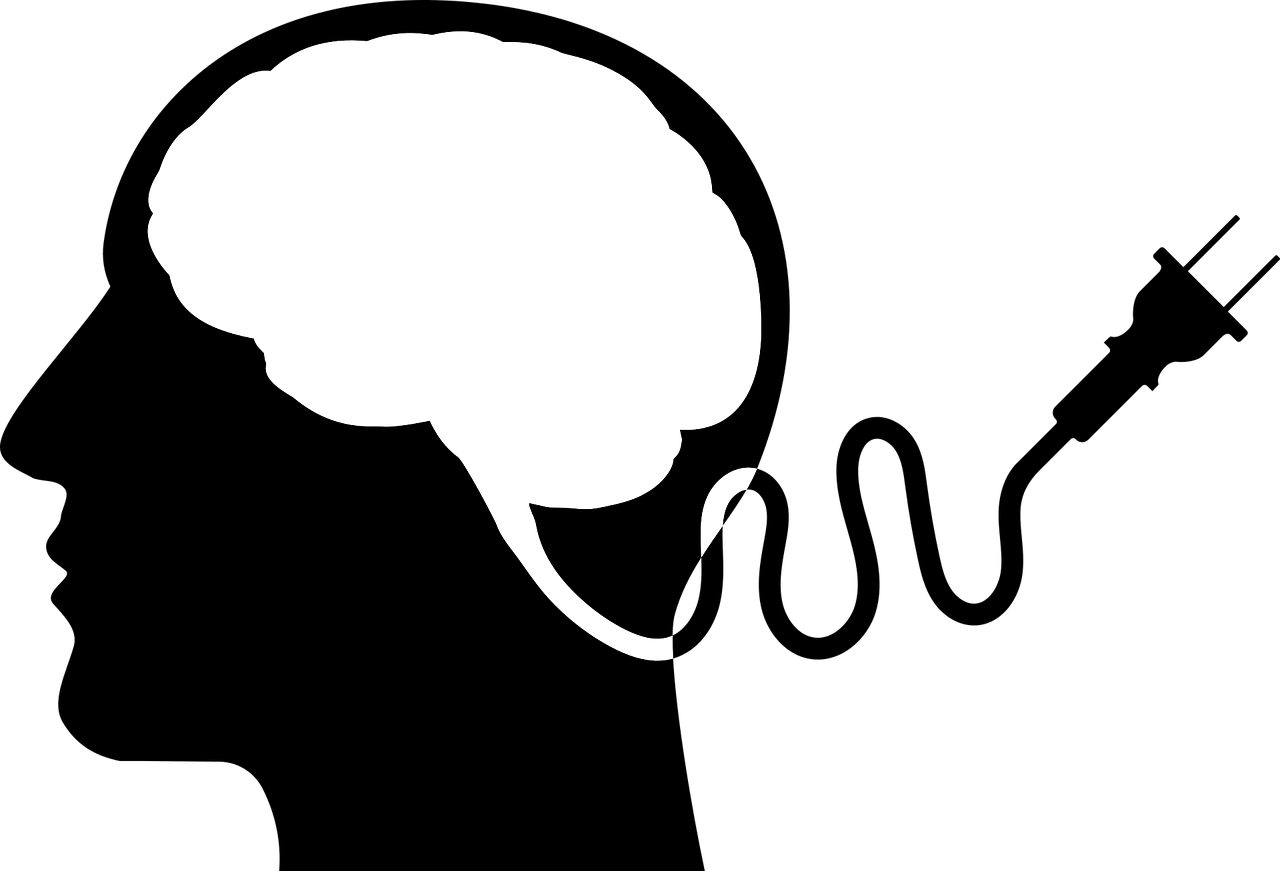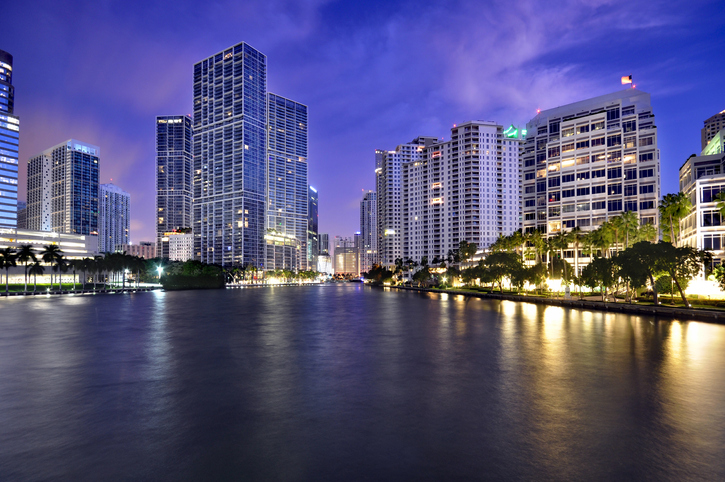12 Ways for Lawyers to Unplug

The legal profession is notorious for its hardcore work culture. The “work hard, play hard” mantra is aptly applied to the industry known for its cutthroat competition. For decades, lawyers have struggled to unplug. As a result, the profession has been plagued with various adverse side effects. Today, some firms are taking action to battle the issue. Outside of these firms, most attorneys can take steps to mitigate the impact of the prevalent work culture.
Lawyers Struggle to Unplug from Work
From substance abuse to health issues and burnout, lawyers have struggled with the accompanying effects of regularly working long hours with little to no downtime. The issue is nothing new; it has existed for decades.
A 1999 article on lawyer well-being called attorneys “the most depressed people in America.” The same article also ranked lawyers at or near the top for anxiety, mental illness, divorce, poor physical health, general unhappiness, and even suicide. The lawyers’ biggest complaint at that time was the long hours. In 1990, it was common for associates in private practice to bill at least 2,000 hours, with some billing over 2,400 hours. By today’s standards, BigLaw can easily set billable hour requirements around 2,400 to 2,600 hours per year, while regional firms may require between 1,900 and 2,000 hours.
Despite the vast technological advances over the past 20 years, lawyers may be working more than ever. As a result, today’s attorneys continue to struggle with similar issues related to working long hours as lawyers from prior decades. One big difference is that technology keeps today’s lawyers on call 24/7.
Lawyers and Substance Abuse
From TV to movies, the media has a long history of milking the stereotypical alcoholic-lawyer figure:
- A Free Soul (1931)
- The Verdict (1982)
- A Time to Kill (1996)
- Lincoln Lawyer (2011)
- Goliath (2016–2021)
However, the unflattering stereotype is unfortunately founded on a kernel of truth. Substance abuse is a genuine concern in the legal industry, with 36% of attorneys struggling with alcohol abuse, 9% struggling with prescription drug abuse, and an uncertain number struggling with illicit drug use.
Alcohol and drugs are used for a variety of reasons, including:
- Stimulant effects — to help the overworked lawyer stay up late enough to get the job done
- Sleep aid — to help the overworked attorney take advantage of as many sleeping hours as they can possibly allow themselves
- Stress relief — to help disconnect from their work life
- Escape mechanisms — to avoid the reality of deteriorating personal relationships
When a person takes up these habits, addiction can become an issue. Eventually, the substance may be required to attain normal function, which can initiate a devastating spiral toward alcohol poisoning, health problems, mental health problems, and even death.
Lawyers and Mental Health Issues
Just before the pandemic struck, a survey aimed at legal professionals found that of the 3,800 respondents:
- 64% felt they suffered from anxiety
- 31.2% felt they suffered from depression
- 10.1% felt they suffered from an alcohol problem
- 2.8% felt they suffered from a drug problem.
This survey focused on the lawyers’ personal beliefs about their mental health and substance abuse. Many high-functioning substance abusers do not see their actions as problematic.
Additionally, a more recent survey found that 19% of legal professionals who responded had considered suicide at some point during their professional career. Of the respondents, 74% attributed mental health issues to their work environment. The main factors they cited as having a negative impact included being on call 24/7 (72%) and billable hour pressure (59%).
Burnout in the Legal Profession
In a simplified explanation, burnout is caused by work stress and a lack of resources. While most professional jobs entail some degree of stress, stress is different from burnout. Stress is short-term, while burnout is long-term. Burnout builds up over time, creating a cycle of negativity and drawing you deeper into exhaustion. It overwhelms you. If burnout is not treated, it can leave you at risk for mental and physical health issues. A lawyer suffering from burnout may experience various negative consequences ranging from fatigue to heart disease and type 2 diabetes.
Aside from stress and a lack of resources, more detailed contributors to burnout include:
- Lack of social support
- Dysfunctional workplace dynamics
- Work-life imbalance
- Unclear job expectations
- Lack of control
A survey conducted before the pandemic confirmed that lawyer burnout was at an all-time high. Respondents claimed to experience burnout in their jobs 52% of the time. Among the lawyers who reported a well-being decline, the top two reasons cited for this decline were:
- Inability to disconnect from work (79%)
- Heavier workload (78%)
A significant number of lawyers battling burnout have been crying out for help. The complaints against the workload and constantly being on call have resounded through the decades. Are law firms finally starting to take notice?
Law Firms Battling Burnout
Logically, it is in law firms’ best interests to take reasonable action to reduce burnout among their attorneys. While legal demand has been rising, the Great Resignation has been taking a toll on the legal industry. When one associate lawyer leaves a firm prematurely, the law firm may lose between $200,000 and $500,000 on average.
With a looming lawyer shortage, it would behoove firms to put more effort into retaining their current talent. Some forward-thinking firms are encouraging their lawyers to unplug. Orrick Herrington & Sutcliffe has implemented unplug time with the following two responses to save its staff from burnout:
- Forty hours of vacation time count toward billable hours
- A formal policy requiring one unplugged week per year without email, phone calls, or Zoom
Meanwhile, Sheppard Mullin’s unplug & recharge program consists of 40 hours of billable credit to be applied to time off. Other firms are nixing their official limit on vacation days and no longer tracking days away from the office. However, for these firms, meeting requisite billable hours while taking paid time off (PTO) can be challenging.
While some firms are seeing the light and recognizing the need to retain their associates before losing them to burnout, those firms are still few and far between. Most attorneys will need to take the matter into their own hands.
Twelve Ways for Lawyers to Unplug
If your law firm isn’t on the cutting edge, already offering you unplug solution, you are not in the minority. Many lawyers will need to take proactive steps to protect themselves from burnout. You may be one of many lawyers left asking yourself, “How can I take time off from my law firm?” If you feel your life sliding out of balance, here are twelve ways you can unplug and rejuvenate yourself.
- Write down your work-life balance vision, list the goals necessary to achieve your vision, and make a plan to implement those goals.
- Schedule regular breaks throughout your day, and make sure you take them.
- Stop aiming for perfection; perfectionism increases your stress levels and squelches your creativity.
- Take your PTO; you’ll be stronger for it in the long run.
- Disassociate your self-worth from your work success. You are more valuable than your career.
- Prioritize exercise; it has physical and mental benefits.
- Meditate daily. even if only for a few minutes.
- Cut out unnecessary activities that are not bringing you joy or other benefits.
- Block out enough time for sleep, at least six hours, preferably more.
- Practice breath therapy when you feel overwhelmed or anxious.
- Take an hour each day to unplug and socialize with family and friends or in an activity you enjoy.
- Limit your internet and social media usage after work. Maybe you need your phone nearby, but don’t pick it up unless you receive a critical alert.
Although the idea of lawyers on vacation may seem like an oxymoron, unplugging is achievable, if only for an hour each day. However, if, despite your best efforts, your job’s stress still exceeds your threshold, don’t wait until you are burnt out or ill. Make the jump to another firm with less rigorous requirements before your health is damaged or you begin to despise your profession. Sometimes it is best to change before you have to.









